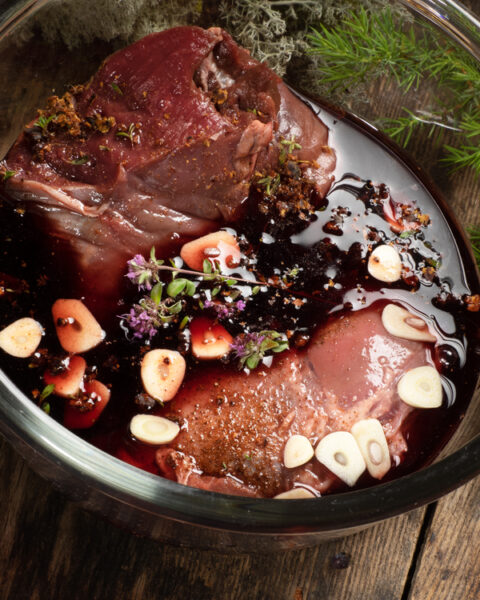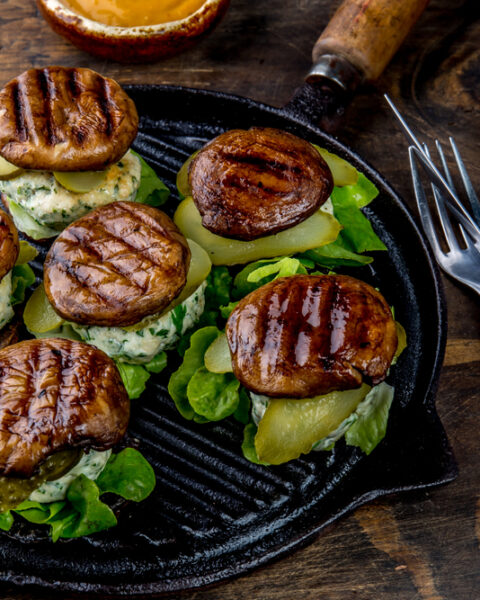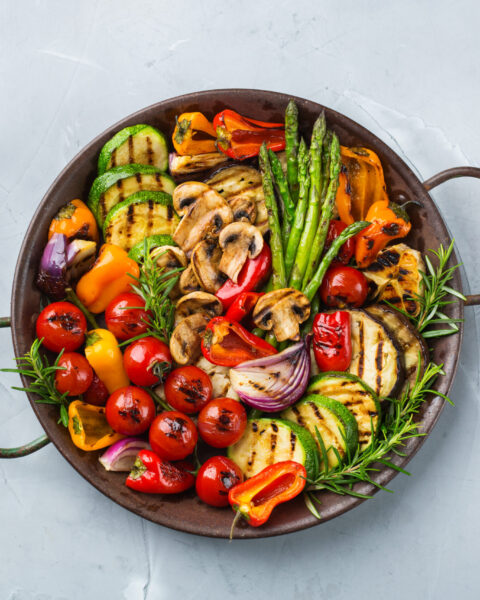Making your own nut butters at home is a simple and rewarding way to enjoy a healthier alternative to store-bought versions. Many commercial brands contain unnecessary sugars, oils, and preservatives, but homemade nut butters give you full control over the ingredients. Not only can you customize the texture and flavor to your liking, but you also benefit from the pure, nutrient-rich qualities of the nuts themselves. These are a few homemade options you can try.
Contents
- 1 Almond Butter
- 2 Peanut Butter
- 3 Cashew Butter
- 4 Hazelnut Butter
- 5 Walnut Butter
- 6 Pistachio Butter
- 7 Pecan Butter
- 8 Macadamia Nut Butter
- 9 Mixed Nut Butter
- 10 Brazil Nut Butter
- 11 Sunflower Seed Butter
- 12 Pumpkin Seed Butter
- 13 Coconut Butter
- 14 More From RetailShout
- 15 15 Aldi Finds to Put in Your Cart This October
- 16 14 Healthier Alternatives to Your Kids’ Favorite Foods
Almond Butter
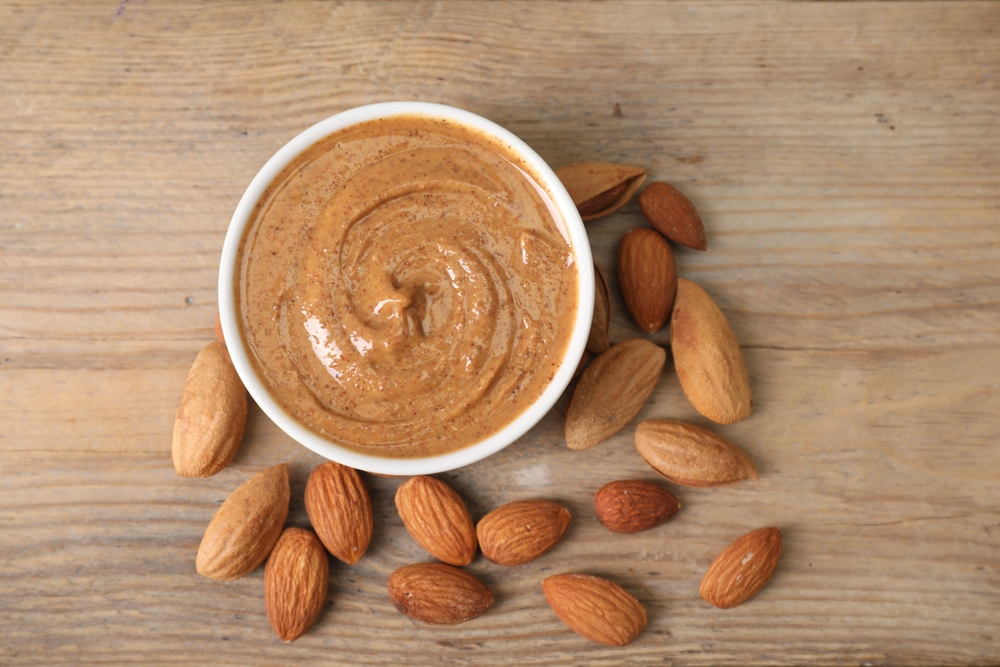
Almond butter is a nutrient-dense option, rich in healthy fats, fiber, and protein. Making it at home allows you to skip the added sugars and oils often found in store-bought versions. To prepare, simply roast raw almonds at 350°F for about 10 minutes. Once cooled, blend the almonds in a food processor until smooth, pausing occasionally to scrape down the sides. If you prefer a creamier texture, add a small amount of neutral oil like almond or avocado oil. Store in an airtight container in the fridge for up to two weeks.
Peanut Butter
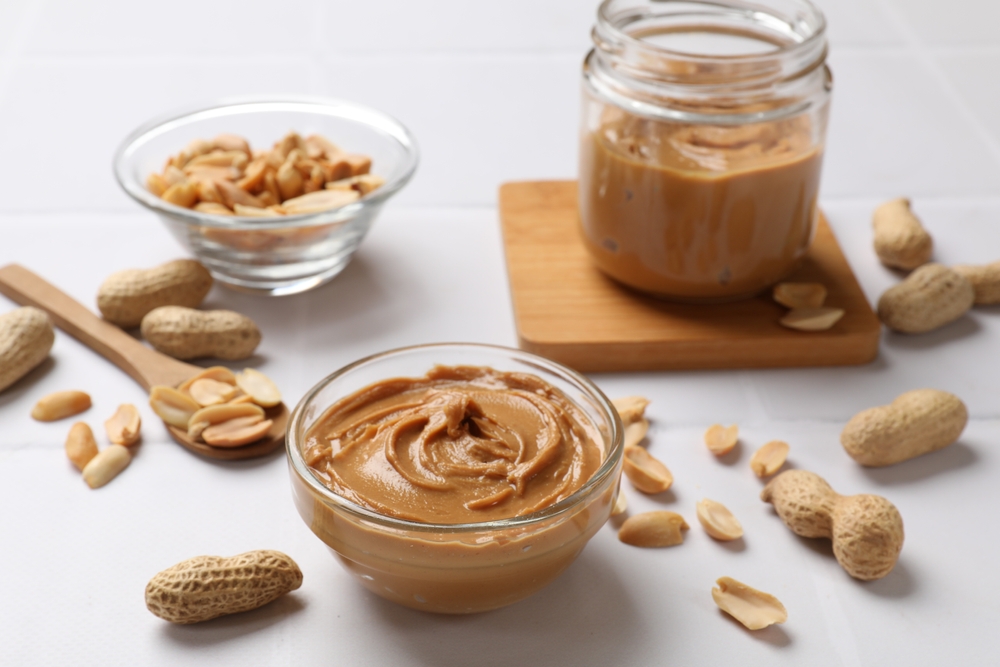
Homemade peanut butter is a classic that’s not only affordable but much healthier than processed options. Start with unsalted, roasted peanuts and blend them in a food processor until smooth. This may take a few minutes as the oils release and create a creamy consistency. For a saltier taste, add a pinch of sea salt or a drizzle of honey for sweetness. Avoid hydrogenated oils and excess sugar by controlling what you add. Store your peanut butter in a jar and refrigerate to maintain freshness.
Cashew Butter
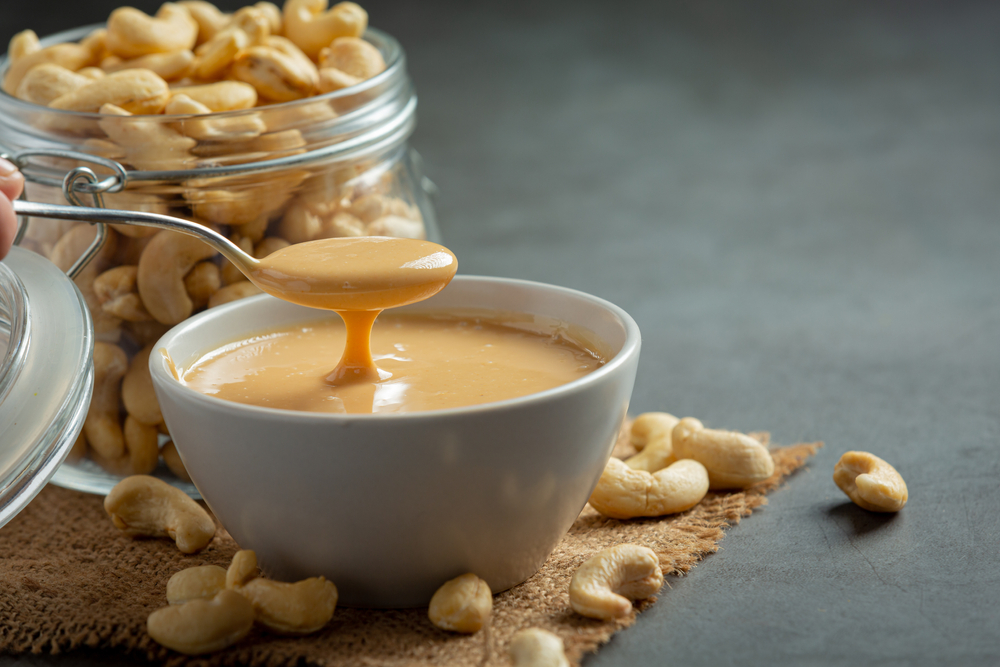
Cashew butter has a mild, naturally sweet flavor that’s perfect for spreading on toast or adding to smoothies. Begin by roasting raw cashews at 350°F for about 8-10 minutes to enhance their flavor. Once cooled, blend the cashews in a food processor, adding a little oil for smoother texture if needed. This process can take a few minutes, but once the cashews break down, you’ll have a rich, creamy butter without added sugars or preservatives. Store in a jar in the refrigerator for up to three weeks.
Hazelnut Butter
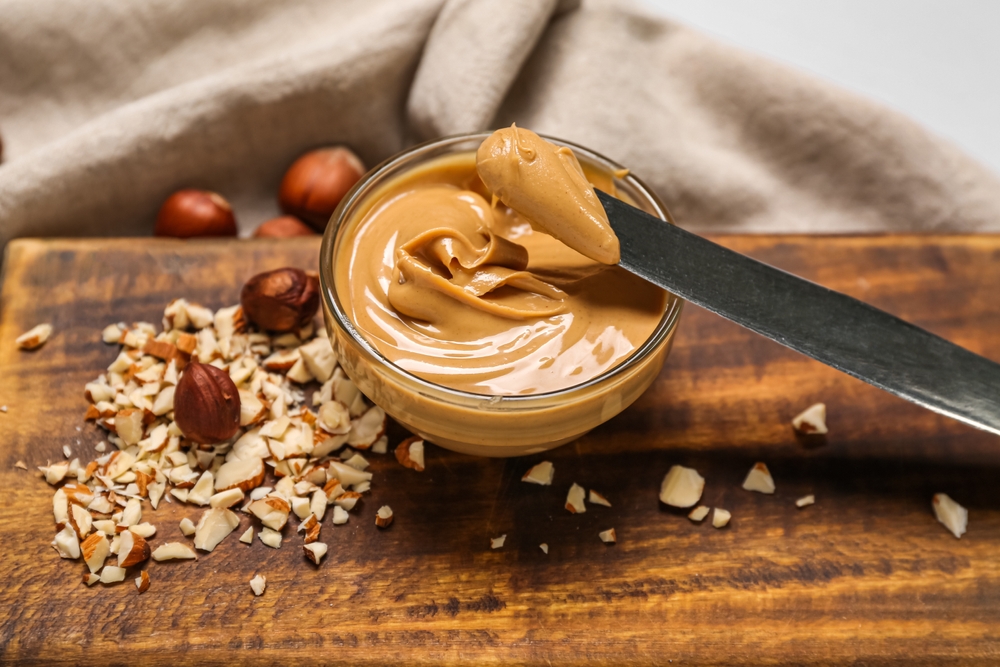
Hazelnut butter can be a delicious alternative to store-bought versions loaded with sugar. To make it, roast raw hazelnuts at 350°F for 10-15 minutes until fragrant. Once roasted, let them cool slightly, then remove their skins by rubbing them with a clean towel. Blend the hazelnuts in a food processor until smooth, adding a teaspoon of oil if needed. You can also add a pinch of sea salt or a bit of vanilla for flavor. Store in an airtight container and refrigerate.
Walnut Butter
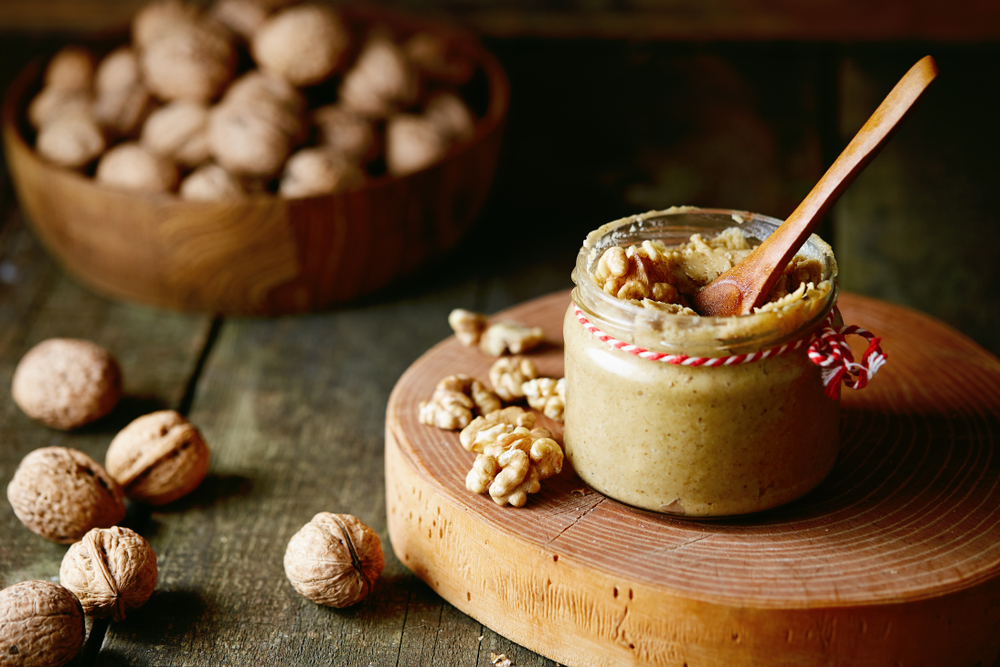
Walnut butter is packed with omega-3 fatty acids, making it a heart-healthy option. Roast raw walnuts at 350°F for about 8 minutes to bring out their flavor. Once cooled, blend them in a food processor, adding a drizzle of walnut oil if you prefer a creamier texture. The natural oils will break down the nuts into a buttery consistency after a few minutes of blending. Keep it in a jar in the fridge for up to two weeks.
Pistachio Butter
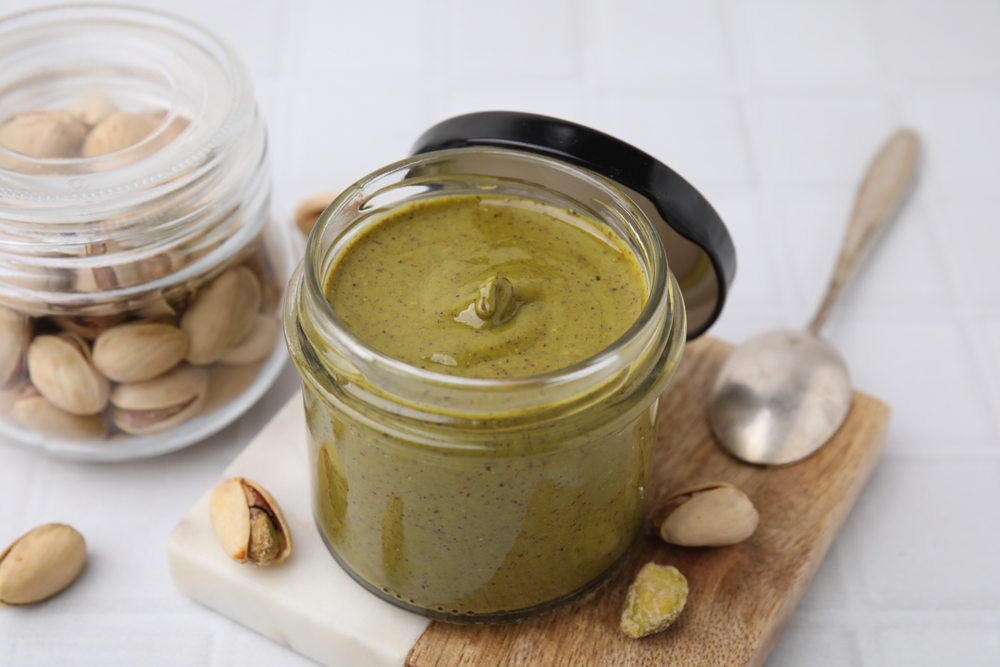
Pistachio butter is a unique and vibrant green spread that’s rich in antioxidants and healthy fats. To make it, shell raw pistachios and roast them at 350°F for about 10 minutes. Blend the pistachios in a food processor, adding a small amount of pistachio oil or a neutral oil if needed for smoothness. You can add a pinch of salt to balance the natural sweetness of the pistachios. Store in a sealed jar in the refrigerator.
Pecan Butter
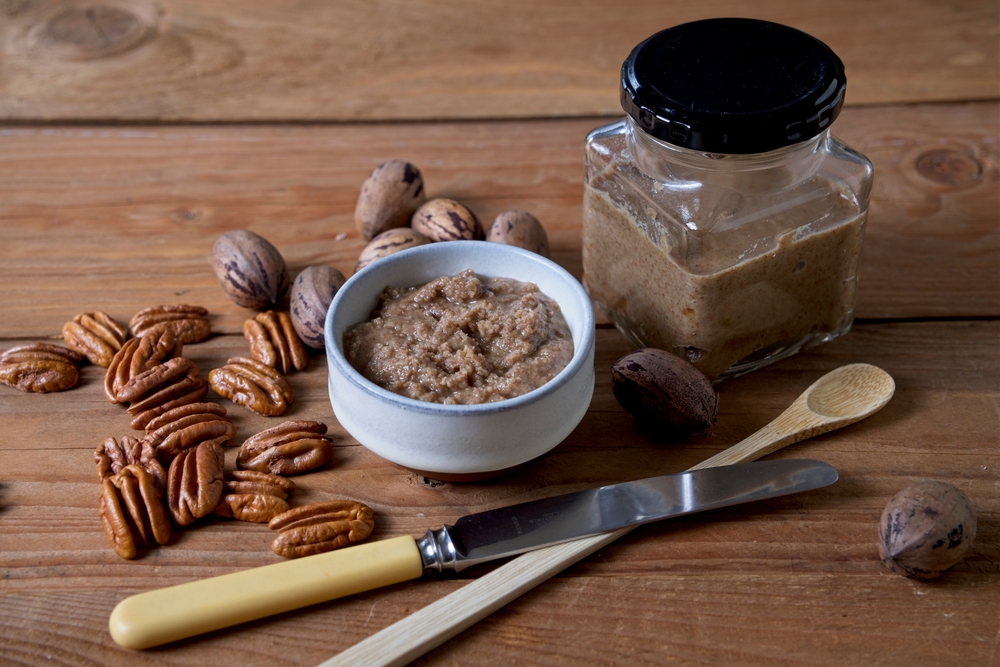
Pecan butter has a naturally sweet and buttery flavor that makes it perfect for drizzling over fruit or oatmeal. Start by roasting raw pecans at 350°F for 8-10 minutes. Let them cool before blending in a food processor until smooth. Pecans are naturally oily, so you may not need to add extra oil, but feel free to adjust the texture as desired. For added depth, sprinkle in cinnamon or vanilla extract. Store in the fridge for up to three weeks.
Macadamia Nut Butter
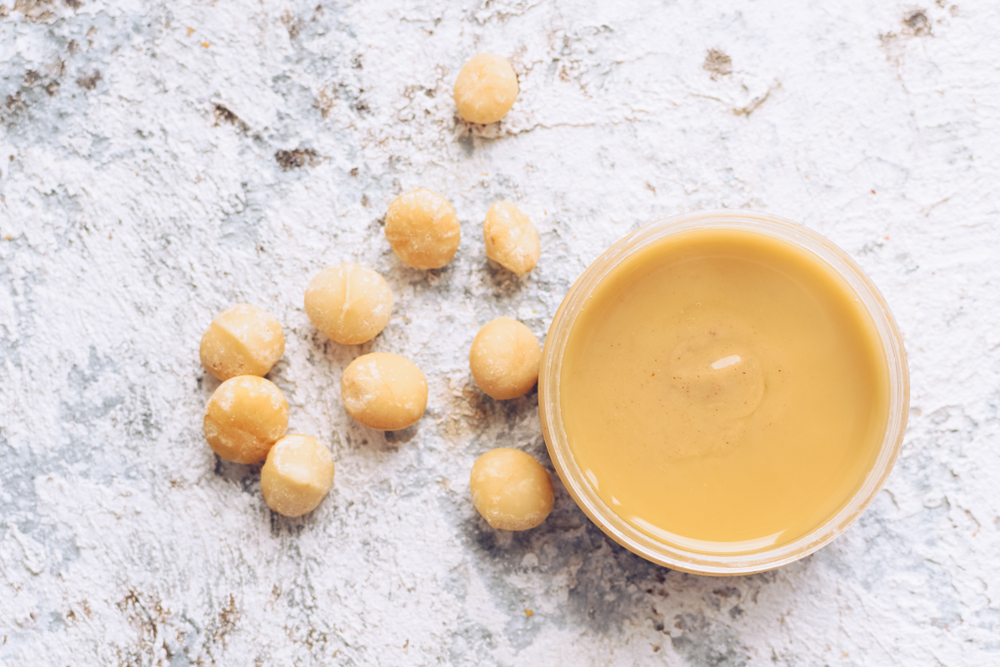
Macadamia nuts are known for their creamy, buttery texture, making them perfect for nut butter. Roast raw macadamia nuts at 350°F for about 8 minutes, then cool and blend in a food processor. These nuts release oils quickly, so you won’t need to add much, if any, extra oil. For a tropical twist, you can add a bit of coconut oil. Store in a sealed jar and refrigerate for freshness.
Mixed Nut Butter
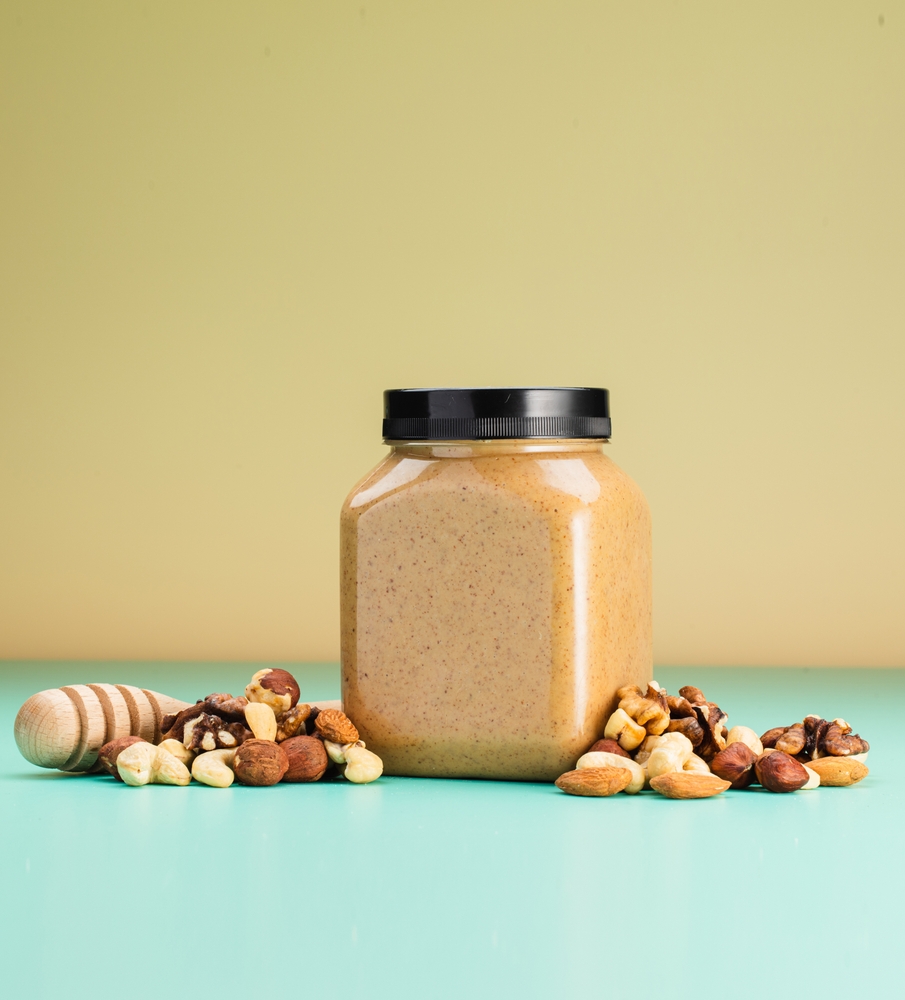
Why choose one nut when you can have them all? A mixed nut butter lets you enjoy the benefits of multiple types of nuts. Combine almonds, cashews, walnuts, and pecans, roasting them at 350°F for 10 minutes. Once cooled, blend the nuts together in a food processor until smooth, adding a bit of oil if needed. This combination creates a rich, flavorful butter with a variety of nutrients. Store in a jar in the refrigerator.
Brazil Nut Butter
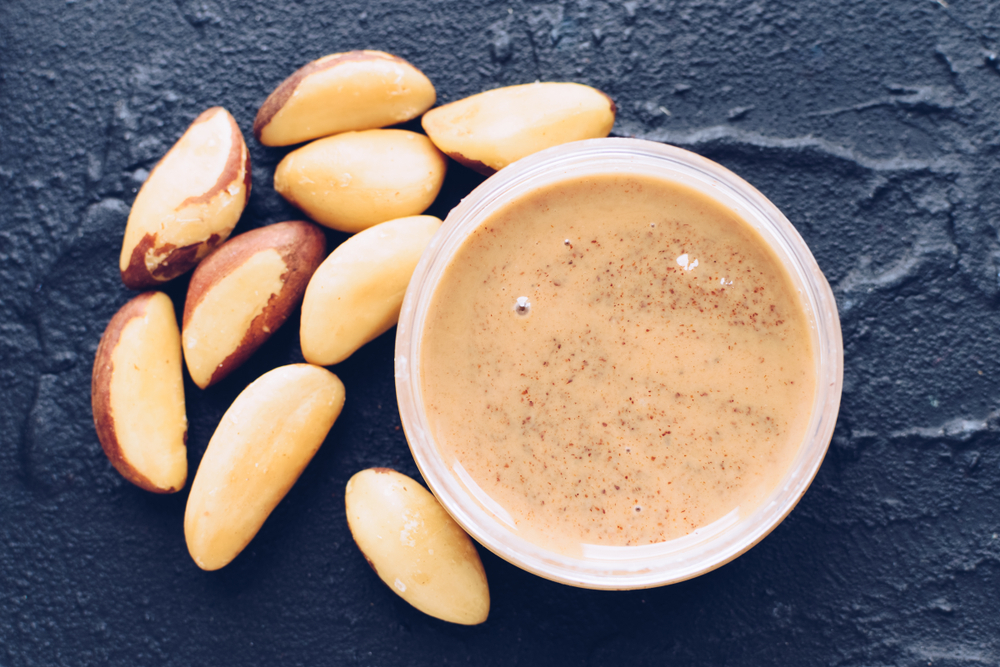
Brazil nuts are packed with selenium, making this butter a powerful immune booster. Start by roasting raw Brazil nuts at 350°F for 10-12 minutes. Once they’ve cooled, blend them in a food processor. Due to their high fat content, they’ll break down into a creamy consistency fairly quickly. Add a touch of sea salt or coconut oil to enhance the flavor. Store in a jar and refrigerate to keep fresh.
Sunflower Seed Butter
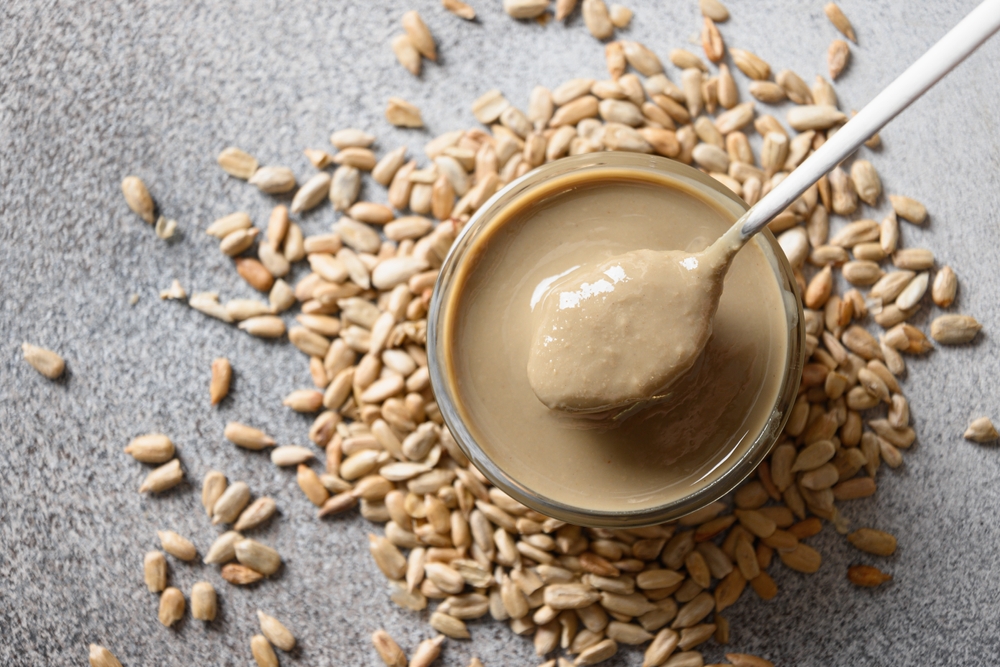
For those with nut allergies, sunflower seed butter is a great alternative. Roast raw sunflower seeds at 350°F for 10 minutes, then blend them in a food processor until smooth. You may need to add a neutral oil like sunflower oil to achieve the right consistency. For a little sweetness, mix in a drizzle of honey or maple syrup. Store in a sealed jar in the fridge for up to two weeks.
Pumpkin Seed Butter
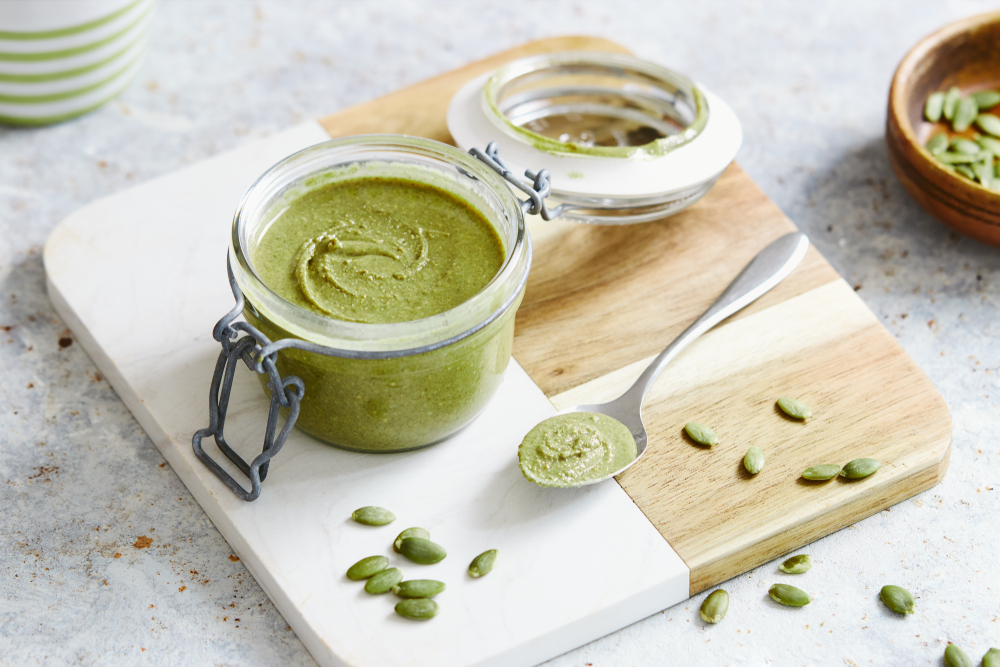
Pumpkin seed butter is a nutrient-packed spread that’s especially high in magnesium. Roast raw pumpkin seeds at 350°F for about 8-10 minutes. Once cooled, blend the seeds in a food processor until smooth, adding a small amount of oil if necessary. The result is a green, creamy butter that can be sweetened with a bit of honey or spiced up with cinnamon. Store in the fridge for optimal freshness.
Coconut Butter
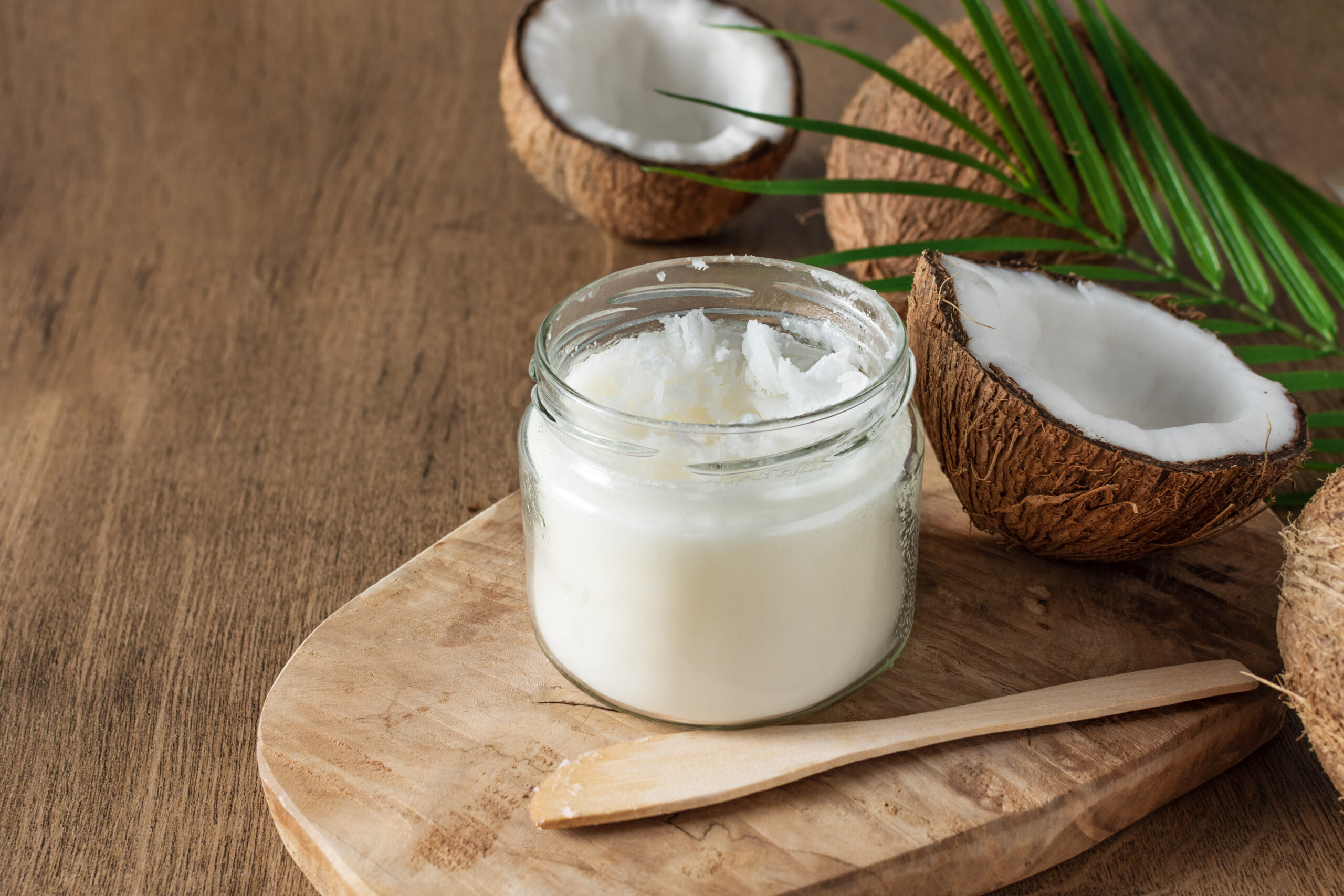
Coconut butter is not technically a nut butter, but it’s a delicious and healthy alternative. Simply blend unsweetened shredded coconut in a food processor until smooth. This process can take up to 10 minutes as the coconut breaks down into a creamy consistency. You can add a bit of coconut oil to enhance the texture. Coconut butter solidifies at cooler temperatures, so warm it slightly before using. Store it in a jar at room temperature or in the fridge for longer shelf life.
This article originally appeared on RetailShout.
More From RetailShout
18 Best Dollar Tree Toys and Games for Kids

Finding affordable and fun toys for kids doesn’t have to be a challenge, especially when Dollar Tree has such a variety of options that won’t break the bank. Dollar Tree has managed to provide both entertainment and learning tools at unbeatable prices. Read More.
15 Aldi Finds to Put in Your Cart This October
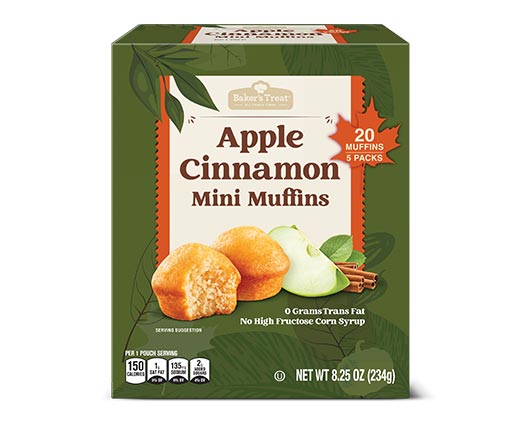
October is here, and Aldi has some amazing finds to make the most of the season. The store’s seasonal lineup is packed with everything from festive snacks to fall-inspired treats that are perfect for cozy nights in or spooky gatherings. Read More.
14 Healthier Alternatives to Your Kids’ Favorite Foods

Getting kids to eat healthy can be quite challenging, especially if they’re picky eaters. Their favorite foods are often greasy and salty, making it hard to ensure they get a balanced diet. Read More.

